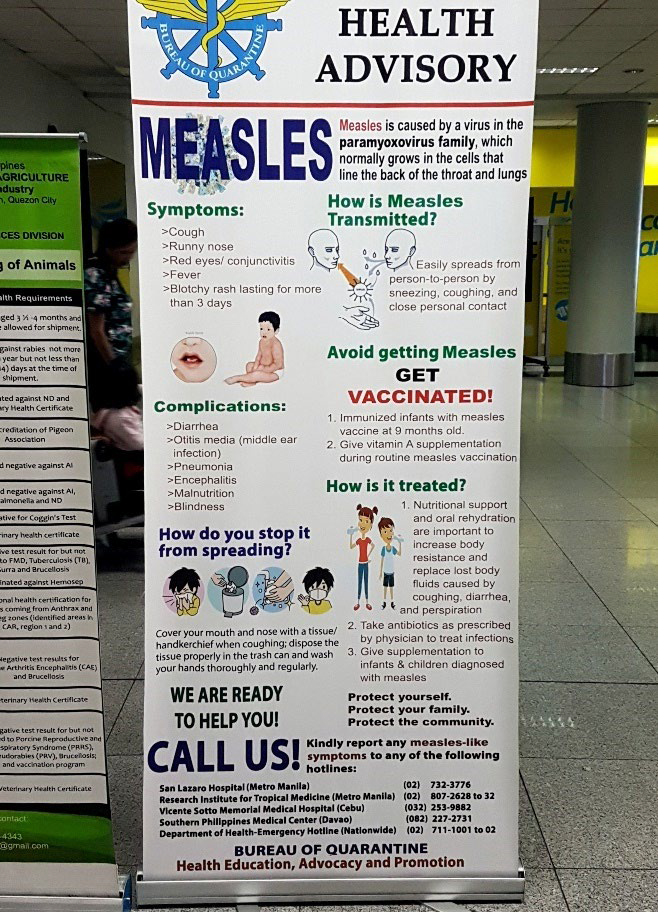False information about the unsuccessful rollout of Dengvaxia® has made it harder for the public to value vaccination programs
13 Mar 2024

The study aimed to identify various issues related to the Dengvaxia® (a dengue vaccine) controversy and link these issues with the social perspective of measles vaccine hesitancy and refusal. Guided by Victor Turner’s Social Drama Theory, we conducted a series of semi-structured interviews and a focus group discussion with 41 parents and healthcare workers in a poor urban community in Pasay City, Philippines. Misinformation about the failed implementation of the Dengvaxia® rollout has challenged the fundamental understanding of the importance of immunization programs. In addition, the findings on measles vaccine hesitancy in the community showed a complex problem with compounded factors, including medical populism, moral panics, and other social views. The study suggests that the Dengvaxia® controversy may directly reduce measles vaccination confidence in the Philippines. The lack of transparency played a crucial role in this dilemma, producing a cascading effect on the other vaccines’ safety.
Our study suggests that poorly managed situations could lead to moral panic. Moral panic contributed to a populist response that resulted in vaccine distrust and developed into a measles epidemic. Our study has shown the severe need to combat silence and misinformation which should emanate from synergistic cooperation among the government and private sectors such as the media and pharmaceutical companies. This would improve public understanding of essential lifesaving vaccines’ critical importance and safety. In a given health crisis like the measles epidemic that brought broader political conflicts and social polarization, it is necessary to avoid silent strategies and be transparent in communicating that vaccines remain safe and essential for public health, especially in low-income countries like the Philippines.
Authors: Alejandro Perez Miras (Department of Social and Political Sciences, College of Business, Arts and Social Sciences, Brunel University London), Zypher Jude G. Regencia (Department of Clinical Epidemiology, College of Medicine, University of the Philippines Manila), and Emmanuel S. Baja (Department of Clinical Epidemiology, College of Medicine, University of the Philippines Manila)
Read the full paper: https://academic.oup.com/jpubhealth/advance-article-abstract/doi/10.1093/pubmed/fdad091/7203812
